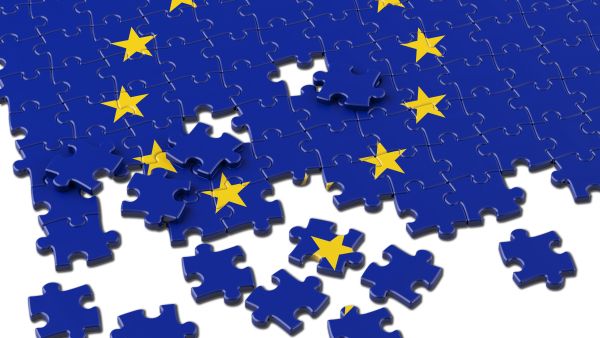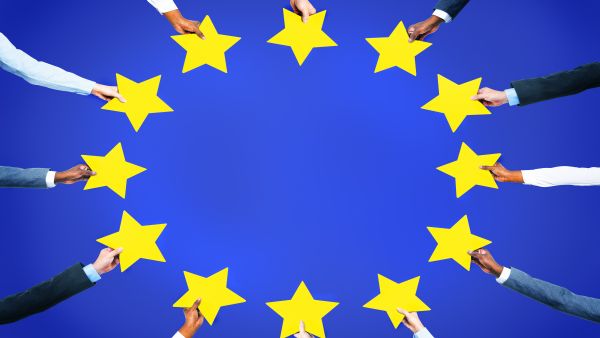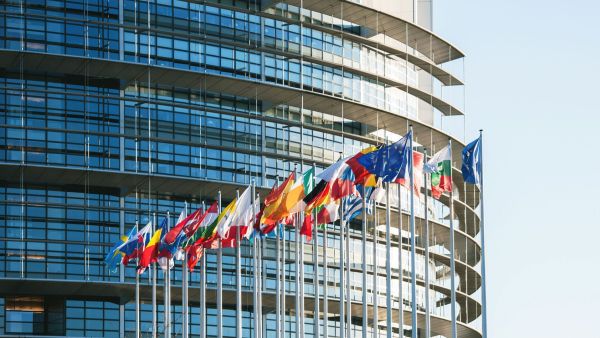The S&D Group in the European Parliament is today hosting a debate on Transnational lists and Spitzenkandidaten principle that will see civil society and academics come together to find solutions for enhancing the European dimension of European Parliament elections.
S&D Group president Iratxe García will open the webinar that will be streamed live on the S&D website from 1pm-3pm. You can view the full programme here.
Domènec Ruiz Devesa is the European Parliament’s rapporteur on the European Electoral Law, a special procedure where the European Parliament enjoys the right of initiative.
Domènec Ruiz Devesa, S&D spokesperson for constitutional affairs and rapporteur on European Electoral Law, said:
“With the highest voter turnout for 25 years in the 2019 elections, we have a chance to build on that momentum to boost the European political sphere with the next 2024 Parliament elections ahead. We should go beyond 27 national elections in parallel and instead create a genuinely pan-European constituency with transnational lists promoting a campaign on EU issues and making EU political parties visible. With a shared constituency list, headed by each political family’s candidate for Commission president, we can also make up for the missed opportunity in 2019 to create a direct link between the choice of a Commission president and the outcome of the elections. Today, we are discussing different steps to improve the democracy legitimacy of the EU with the aim of enhancing trust, confidence and accountability in the policies we are shaping and the laws we are making in the EU.”
Marek Belka, S&D vice-president responsible for constitutional affairs, said:
“The EU‘s response to the Covid-19 pandemic has rightly been to work together; to fight the virus, to develop a vaccine strategy and to agree a joint Recovery Plan. While the EU is more visible than ever in our daily lives, when it comes to European elections too often it is still purely national debates that influence voters and it is national rules that determine the electoral procedure. We need more common debates and we need more common standards on electoral rules to better reflect the reality of the EU’s decision-making process that is all about working together to find common solutions to shared challenges.”









